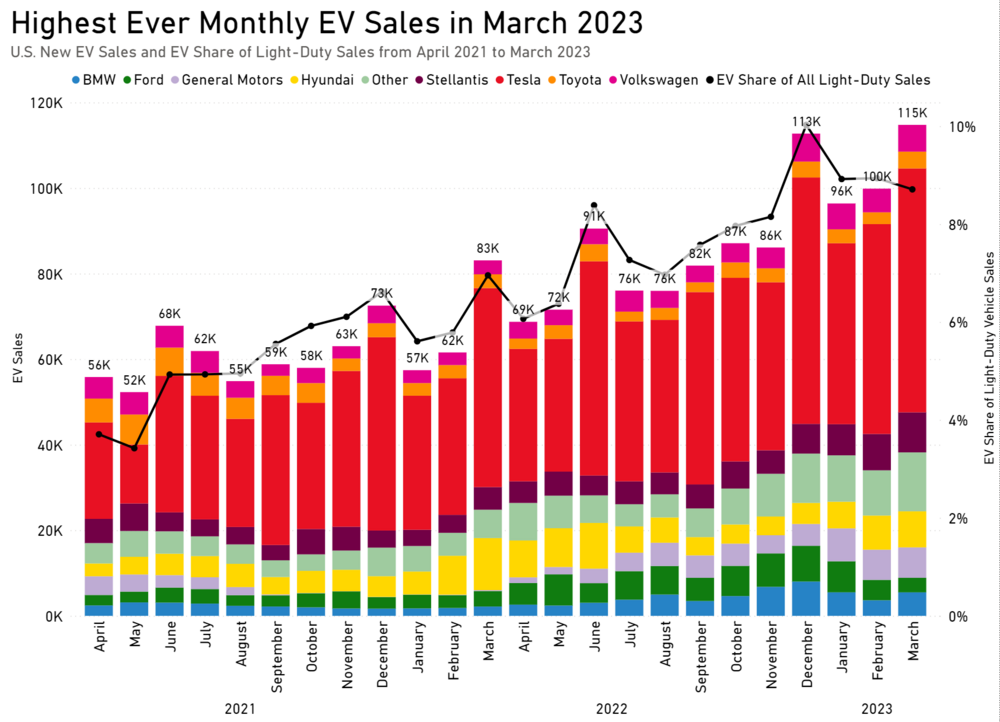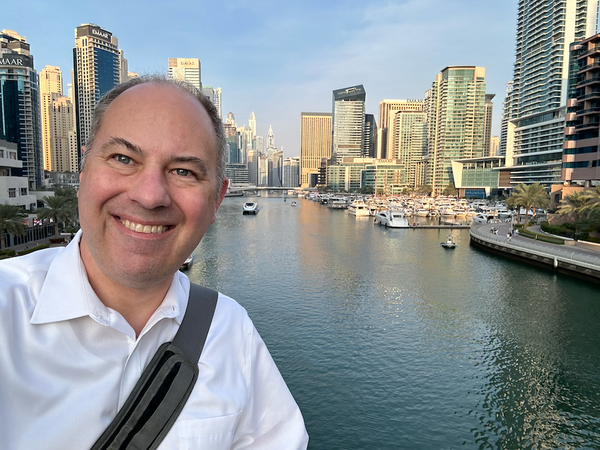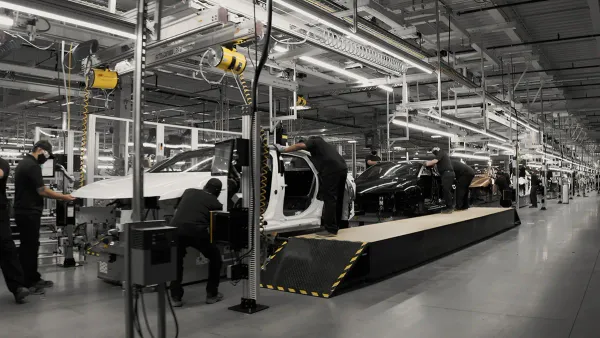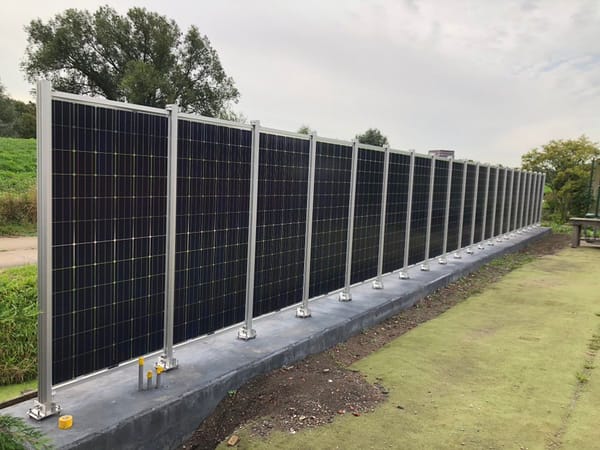When you get big EV sales, you get mo’ EV problems
A recent California state study found that to keep up with electricity demand from an expected 13.5 million EVs, the state will need to add $50 billion of grid upgrades by 2035 to keep up.
Chart of The Week

1. Mo’ EV problems
A recent California state study found that to keep up with electricity demand from an expected 13.5 million EVs, the state will need to add $50 billion of grid upgrades by 2035 to keep up. Meanwhile, in Europe, the International Energy Agency estimates that by 2030, 1 in 3 new cars sold on the Continent will be electric – also requiring grid upgrades at many levels. For instance, a charging station that serves four cars can require new transformers that cost about $150,000 – and that doesn’t take into account the feeders, substations, and new transmission lines all those juice sucking vehicles will require.
- A recent survey of Bay Area EV charging stations found 25% were inoperative at any one time.
Sources: Bloomberg / Canary / EnergyPost
2. Deal ensures Colorado River keeps on flowing for three more years
The Southwestern United States has been suffering its worst drought in 1,200 years and Lake Mead, the reservoir created by the Hoover Dam, is down 180 feet from its high mark in the 1980’s. Facing the possibility of the Colorado River disappearing, which feeds Lake Mead as well as Lake Powell further upstream, due to drought, the three Lower Colorado Basin states, Nevada, Arizona, and California, have agreed to cut three million-acre feet of water consumption over three years, about 13% of their current allotment, largely through voluntary cuts to municipalities and farmers. (One acre-foot is enough water to supply three families for a year.) The deal, negotiated by the Biden Administration, will be good through 2027, when a new water sharing agreement between the Lower Basin states as well as the Upper Basin states, Colorado, New Mexico, Utah, and Wyoming, will be due. Farmers who take water cuts will be compensated with $1.2 billion from the Inflation Reduction Act. The last time the Colorado Basin states negotiated a cutback, it took six years. This deal was made in two months.
- Without a deal, it was possible there would not be enough water to go over the dams, creating a “dead pool” and effectively killing the river.
- The river supports 40 million people, including Los Angeles, Las Vegas, Phoenix, and Denver.
- The original Colorado River Compact was set in 1922, an unusually wet year.
Sources: Washington Post / Wall Street Journal / Grist / Greenwire / Reuters/ Guardian
3. How much is insurance, if you can’t be sure of things?
A wise person once said, “It’s all fun and games until the insurance company shows up.” Last week, a set of researchers put the first numbers on how much climate and disaster damage could be pinned on oil companies due to greenhouse gas emissions: $209 billion a year. Adding to that, the United Nations’ World Meteorological Organization estimates climate-related extreme weather has killed 2 million people and caused $4.3 trillion in damages between 1970 and 2021. This is all especially relevant, since the U.S. Supreme Court recently greenlit torts cases against oil companies for climate damage.
- Meanwhile, Florida’s property insurance rates, where hurricanes have been amping up lately, jumped 27% in 2021, 33% in 2022, and are expected to rise at least 40% this year.
Sources: Climate Home News / AP
4. Forests with a Brazilian cut
With one of the largest forest stands in the world, as well as reputation as a non-aligned state, Brazil occupies a critical position when it comes to combating global climate change. Now, leftist President Luiz Inacio Lula da Silva is moving to turn back his right-wing predecessor’s climate-skeptic policies. New deforestation policies have dropped forest cuts by 68%, according to satellite data, and the country’s environment minister blocked a plan for oil drilling at the mouth of the Amazon River. Yesterday, Lula’s administration leaked plans to set tougher greenhouse gas emissions targets for a 2030 target. He has also been maneuvering for billions of dollars of contributions to the anti-deforestation Amazon Fund, which is backed by Britain, Germany, Norway, and the United States.
Sources: Reuters / Climate Home News
Other Things Happened
- An Australian company is marketing an edible coffee cup that will hold hot drinks for eight hours without leaking.
- Canada and the U.S.’s electrical grid will be overmatched by cooling demands this summer, and two thirds of the grid will likely experience blackouts.
Corruption has impacted maintenance of South African coal power plants, leading to breakdowns and regular blackouts. Silver lining: South Africa is now beating its carbon emissions goals.





